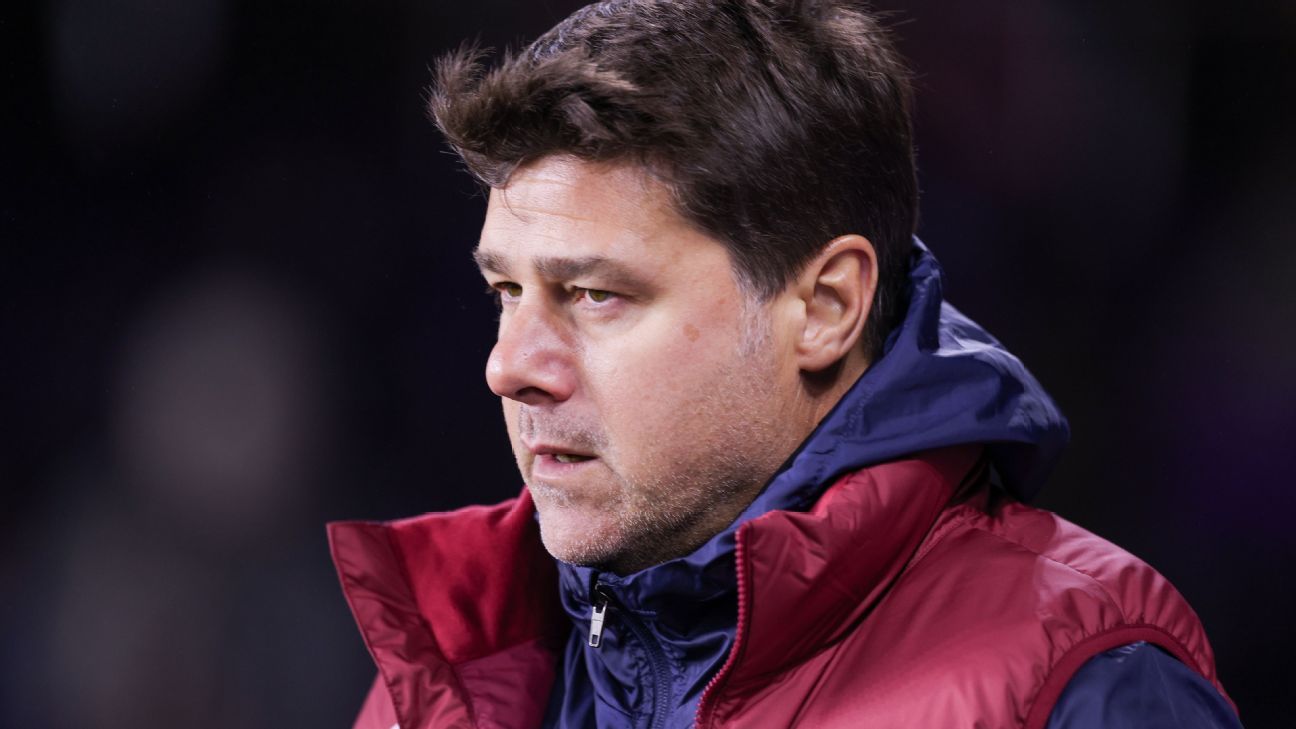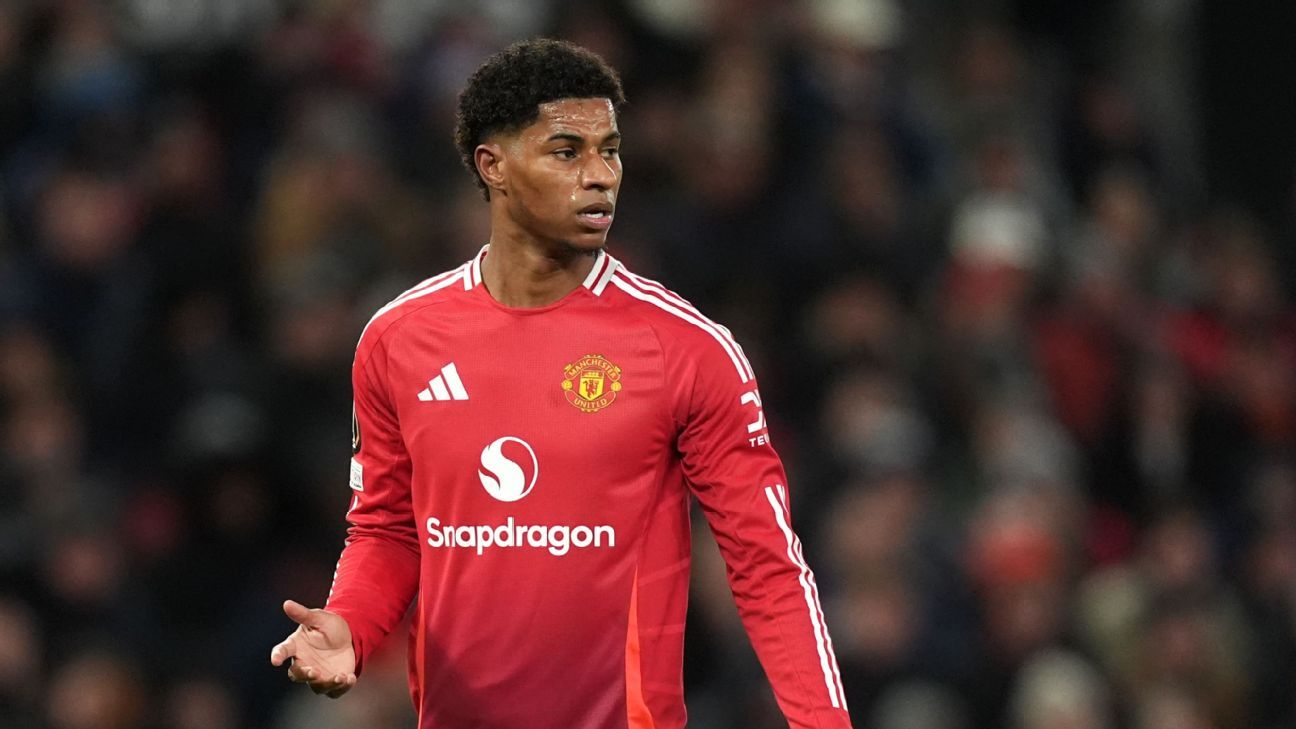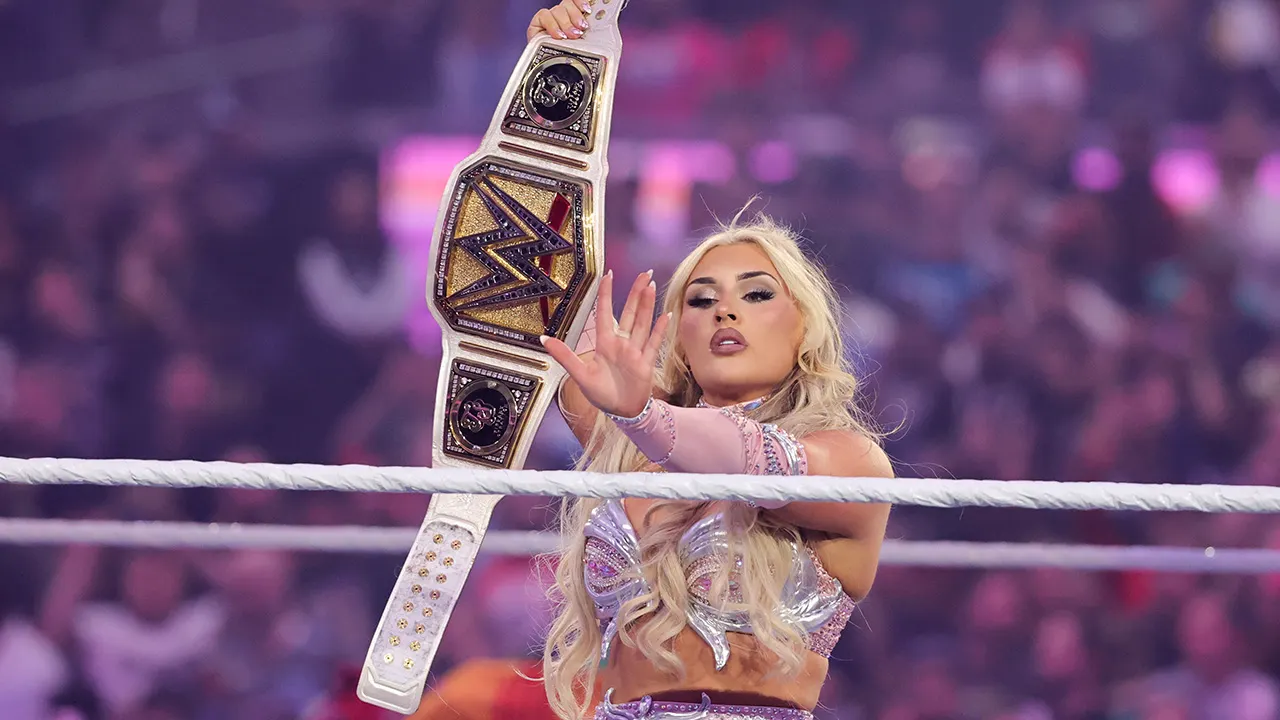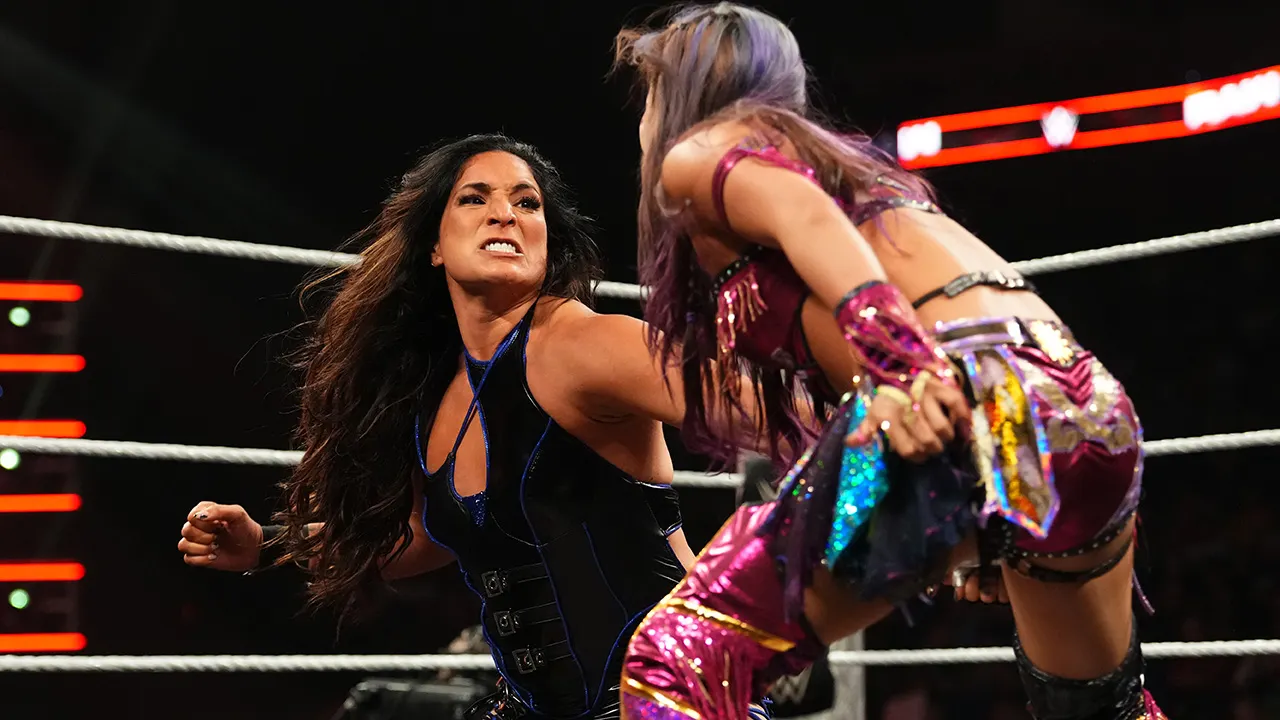Pochettino’s Diplomatic Dance: Navigating Politics Ahead of the Nations League
As the United States Men’s National Team (USMNT) prepares for the upcoming Nations League, head coach Mauricio Pochettino finds himself in a delicate balancing act. Known for his tactical acumen and ability to foster team unity, Pochettino is now faced with the complex interplay of sports and politics that often accompanies major international competitions. As discussions swirl around political issues impacting the sport, Pochettino’s strategy has been to steer clear of these conversations, focusing instead on enhancing team performance. This diplomatic approach raises intriguing questions about the intersection of sports and politics in high-stakes competitions.
The Role of Politics in Sports
Politics and sports have always had a complicated relationship. From athletes using their platforms to advocate for social justice to governments leveraging sporting events for political gain, the two arenas frequently intersect. In the context of the Nations League, this dynamic becomes even more pronounced, with national pride on the line and the potential for geopolitical tensions to influence the atmosphere of the matches.
Pochettino’s choice to avoid political discussions could be viewed as a tactical decision aimed at keeping the team’s focus sharp. By minimizing distractions, he ensures that his players can concentrate on their performance rather than the external pressures that may arise from political discourse. This approach has both advantages and drawbacks, particularly in a nation where sports figures are often seen as role models and influencers.
Pochettino’s Approach to Team Cohesion
Under Pochettino’s leadership, the USMNT has been focusing on building a cohesive unit, emphasizing teamwork, communication, and shared goals. His methods include:
- Open Communication: Pochettino encourages players to express themselves on and off the field, creating an environment where everyone feels valued.
- Strategic Training Regimens: Tailoring training sessions to strengthen the team’s dynamics, fostering both individual skills and collective strategy.
- Mental Resilience: Preparing players psychologically for the pressures of international competition, ensuring they can handle both on-field challenges and external noise.
This focus on team performance and unity is crucial as the USMNT heads into a tournament where the stakes are high. By prioritizing the players’ mental and physical readiness over political discussions, Pochettino aims to cultivate a winning mentality that can withstand the pressures of competition.
The Impact of Public Opinion
However, Pochettino’s diplomatic dance does not come without its challenges. Public opinion can exert significant influence on a team’s morale and performance. In the age of social media, players are often bombarded with external commentary, which can lead to increased pressure. It’s essential for Pochettino to manage this aspect effectively, ensuring that his players remain insulated from negative distractions.
Moreover, the players themselves may have their own perspectives on political issues, which could affect their performance if not properly addressed. Pochettino’s ability to navigate these waters will be pivotal in creating a supportive environment where players can focus on their roles without feeling the weight of external expectations.
Fans and Political Engagement
The role of fans in this equation cannot be overlooked. Supporters often bring their beliefs and passions to the stadium, which can create a charged atmosphere. As the USMNT gears up for the Nations League, the fans’ expectations may intertwine with their political beliefs, leading to an emotionally charged environment. This dynamic poses both opportunities and challenges for Pochettino’s squad.
- Opportunity for Unity: The Nations League serves as a platform for fans to rally behind their team, potentially fostering a sense of national pride and unity that transcends political divisions.
- Challenge of Polarization: Conversely, differing political views among fans can lead to polarization, which may seep into the stadium atmosphere and impact player performance.
Pochettino’s ability to harness the positive aspects of fan engagement while mitigating any potential discord will be crucial. He may need to implement strategies that encourage inclusivity among fans, promoting a sense of shared purpose centered around the team rather than individual political beliefs.
The Bigger Picture: Sports Beyond the Pitch
The Nations League is more than just a series of matches; it represents a microcosm of broader societal issues. Pochettino’s diplomatic approach encourages a focus on unity and performance, but it also opens up a dialogue about how sports can serve as a platform for addressing critical social issues. The intersection of sports and politics is evident, and while Pochettino may choose to remain neutral, the reality is that his players and fans are part of a larger societal framework.
Moreover, the USMNT’s performance in the Nations League could have implications beyond the sport itself, influencing perceptions of American soccer on a global scale. A successful campaign may bolster support for soccer in the U.S., potentially leading to increased investment and interest in the sport, while a poor performance could have the opposite effect.
Conclusion: A Balancing Act
As the Nations League approaches, Mauricio Pochettino’s diplomatic dance becomes a critical aspect of the USMNT’s strategy. By prioritizing team performance over political discussions, he aims to create an environment conducive to success. Yet, the realities of modern sports dictate that political considerations cannot be entirely ignored.
The success of Pochettino’s approach will depend on his ability to maintain focus on performance while navigating the complexities of public opinion and fan engagement. Ultimately, the interplay of sports and politics will continue to shape the narrative surrounding the USMNT, and how Pochettino manages this dynamic will be pivotal in the team’s journey through the Nations League.
In the grand scheme of things, sports have the power to inspire, unite, and even heal. As Pochettino leads the USMNT, his challenge is not only to cultivate a winning team but also to embrace the positive aspects of this intersection, turning challenges into opportunities that resonate beyond the pitch.
See more Sky News Portal



